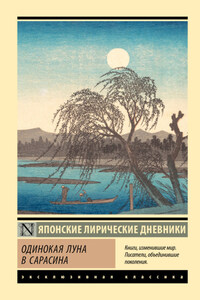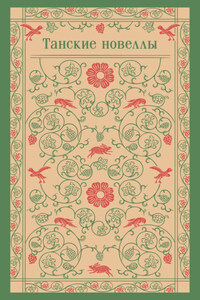The following pages may be considered rather as a Collection of the Beauties of M. Berquin, than as a literally abridged translation of that work, several original thoughts and observations being occasionally introduced into different parts of them.
The stories here collected are of a most interesting kind, since virtue is constantly represented as the fountain of happiness, and vice as the source of every evil. Nothing extravagant or romantic will be found in these tales: neither enchanted castles, nor supernatural agents, but such scenes are exhibited as come within the reach of the observations of young people in common life; the whole being made familiar by an innocent turn of thought and expression, and applied to describe their amusements, their pursuits, and their necessities.
As a useful and instructive Pocket Looking-Glass, we recommend it for the instruction of every youth, whether miss or master; it is a mirror that will not flatter them, nor lead them into error; it displays the follies and improper pursuits of youthful breasts, points out the dangerous paths they sometimes tread, and clears the way to the Temple of Honour and Fame.
In one of the villages in the neighbourhood of the metropolis, lived little Adolphus, who had the misfortune to lose his mother before he had reached his eighth year. Notwithstanding his early age, this loss made a strong impression on his mind, and evidently affected the natural gaiety of his disposition. His aunt, the good Mrs. Clarkson, soon took him home to her house, in order to remove him from the scene of his affliction, and to prevent his grief adding to the inconsolable sorrows of his father.
After the usual time, they left off their mourning; but though little Adolphus affected cheerfulness, yet his tender heart still felt for the loss of his mother. His father, whom he sometimes visited, could not avoid observing how little Adolphus endeavoured to conceal his grief; and this consideration made him feel the more for the loss of a wife, who had given birth to so promising a child. This made such an impression on his mind, that every one foresaw it would bring on his final dissolution.
Poor Adolphus had not been to see his dear father for some time; for, whenever he proposed it to his aunt, she constantly found some excuse to put it off. The reason was, that Mr. Clarkson being so ill, she feared that seeing him in that condition would increase the grief of Adolphus too much, and lay on his heart a load too heavy for him to support. In short, the loss of his wife, and his uneasiness for his son, put an end to Mr. Clarkson's life on the day before he reached the fiftieth year of his age.
The next morning, little Adolphus thus addressed his aunt: "This is my dear father's birth-day, I will go and see him, and wish him joy." She endeavoured to persuade him from it; but, when she found that all her endeavours were in vain, she consented, and then burst into a flood of tears. The little youth was alarmed, and almost afraid to ask any questions. At last, "I fear," said he, "my dear papa is either ill or dead. Tell me, my dear aunt, for I must and will know: I will sleep no more till I see my dear father, who so tenderly loves me."
Mrs. Clarkson was unable to speak; but when Adolphus saw his aunt take out his mourning clothes, he was too well satisfied of what had happened. "My dear papa is dead!" cried he; "O my papa! my mamma! both dead! What will become of poor Adolphus!" and then fainted, when Mrs. Clarkson found it difficult to bring him to his senses.
As soon as he was a little come to himself, "Do not afflict yourself, my dear child," said his aunt, "your parents are both living in heaven, and will intercede with God to take care of you while on earth. While he yesterday was dying, his last prayer was for you, and his prayer will be heard."
"What! did my dear father die yesterday, while I was thinking of the pleasure I should this day have on seeing him? Oh! let me go and see him, since I cannot now disturb him, or make him unhappy on my account. Pray, my dear aunt, let me go."
Mrs. Clarkson could not resist his importunities, and, engaged to go along with him, provided he would promise to keep himself composed. "You see my sorrow," said she, "and how much I am grieved for the loss of a brother, who was good, charitable, and humane, and from whose bounty I received the greater part of the means of my livelihood. Though I am now left poor and helpless, yet I trust in Providence, and you shall see me cry no more. Let me entreat you, my dear child, to do the same." Poor Adolphus promised he would do as she would wish him; when Mrs. Clarkson took him by the hand, and led him to the melancholy scene.
As soon as they were come to the house, Adolphus slipped from his aunt, and rushed into the room where his father lay in his coffin, surrounded by his weeping neighbours: he threw himself on the breathless body of his dear papa. After lying some little time in that state, without being able to speak, he at last raised his little head, and cried out, "See how your poor Adolphus cries for having lost you. When mamma died, you comforted me, though you wept yourself; but now, to whom am I to look for comfort? O my dear papa, my good papa!"









